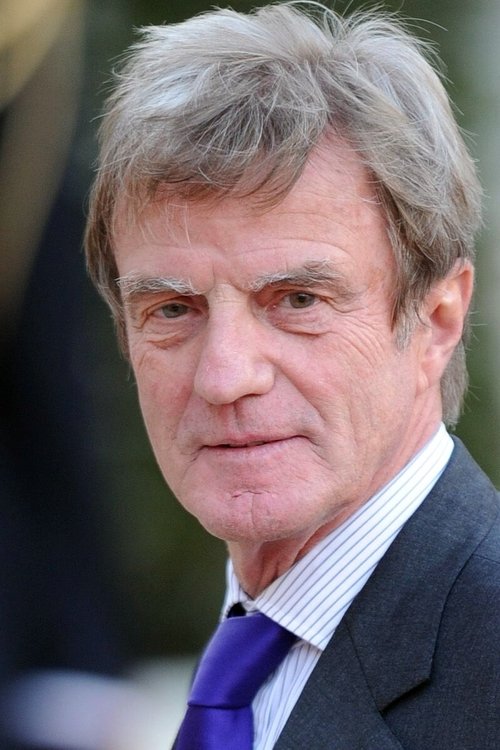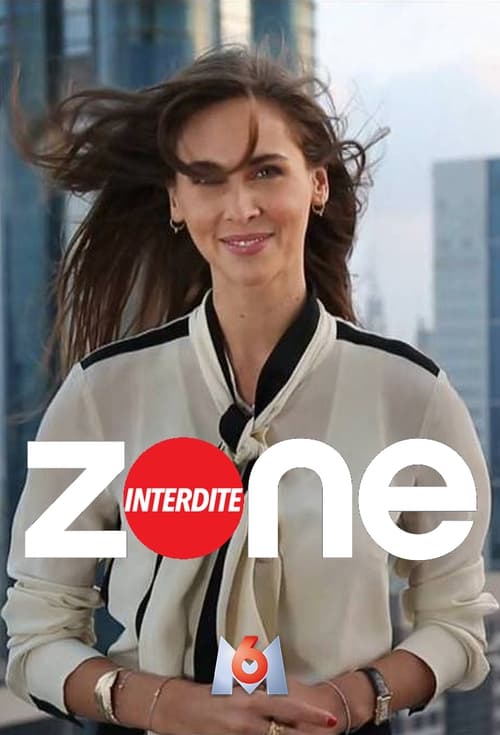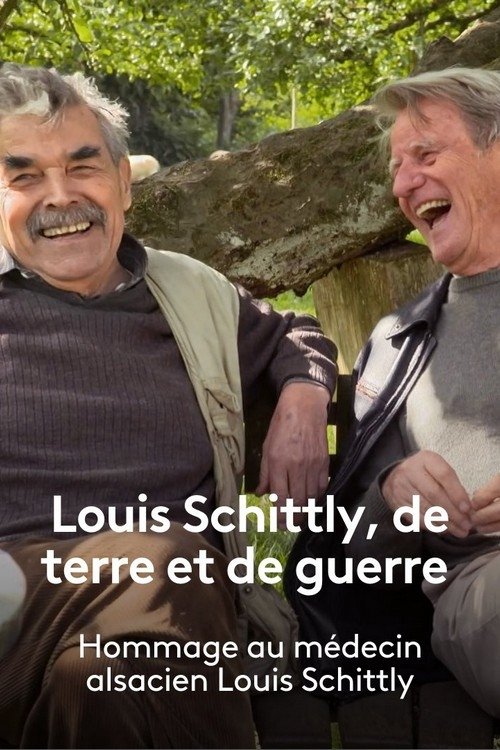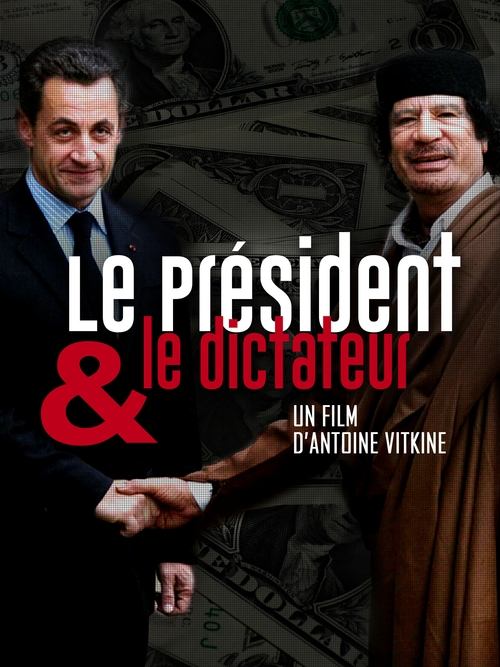Bernard Kouchner
Bernard Kouchner (born 1 November 1939) is a French politician and doctor. He is the co-founder of Médecins Sans Frontières (MSF) and Médecins du Monde. From 2007 until 2010, he was the French Minister of Foreign and European Affairs in the center-right Fillon government under president Nicolas Sarkozy, although he had been in the past a minister in socialist governments. In 2010, The Jerusalem Post considered Kouchner the 15th most influential Jew in the world. Since 2015 Kouchner is workstream leader for the AMU (Agency for the Modernisation of Ukraine), where he contributes his expertise in healthcare.
Kouchner was born in Avignon, to a Jewish father and a Protestant mother. Kouchner's paternal grandparents were Russian-born Jews who escaped the pogroms by immigrating to France, but perished decades later in Auschwitz.
Kouchner began his political career as a member of the French Communist Party (PCF), from which he was expelled in 1966 for attempting to overthrow the leadership. On a visit to Cuba in 1964, Kouchner spent the night fishing and drinking with Fidel Castro. In the protests of May 1968, he ran the medical faculty strike committee at the Sorbonne.
Kouchner worked as a physician for the Red Cross in Biafra in 1968 (during the Nigerian Civil War). His experience as a physician for the Red Cross led him to co-found Médecins Sans Frontières (Doctors Without Borders) in 1971, and then, due to a conflict of opinion with MSF chairman Claude Malhuret, he established Doctors of the World ('Médecins du Monde') in 1980. Kouchner worked as a humanitarian volunteer during the Siege of Naba'a refugee camp in Lebanon in East Beirut during the Lebanese Civil War taking risks that "other foreign aid workers weren't, even worked closely with the Shia cleric Imam Musa al-Sadr".
From 1988, Kouchner began his government career in Socialist governments, though he was not always a member of the French Socialist Party. He became "Secrétaire d'état", a lower position in the Cabinet, for Humanitarian Action in 1988 in the Michel Rocard cabinet, then Minister of Health under Pierre Bérégovoy in 1992, during Mitterrand's presidency.
Kouchner continued his political career in the European Parliament from 1994 to 1997. During the time, he chaired the Committee on Development and Cooperation and served on the Subcommittee on Human Rights. In addition to his committee assignments, he was a member of the Parliament's delegation for relations with the People's Republic of China.
Together with Judge Andrée Ruffo, Kouchner established the International Bureau for Children's Rights (IBCR), a non-governmental organization based in Montreal, in 1994.
When Lionel Jospin became Prime Minister in 1997, Kouchner became Minister of Health for the second time. He held the office until 1999. ...
Source: Article "Bernard Kouchner" from Wikipedia in English, licensed under CC-BY-SA 3.0.








